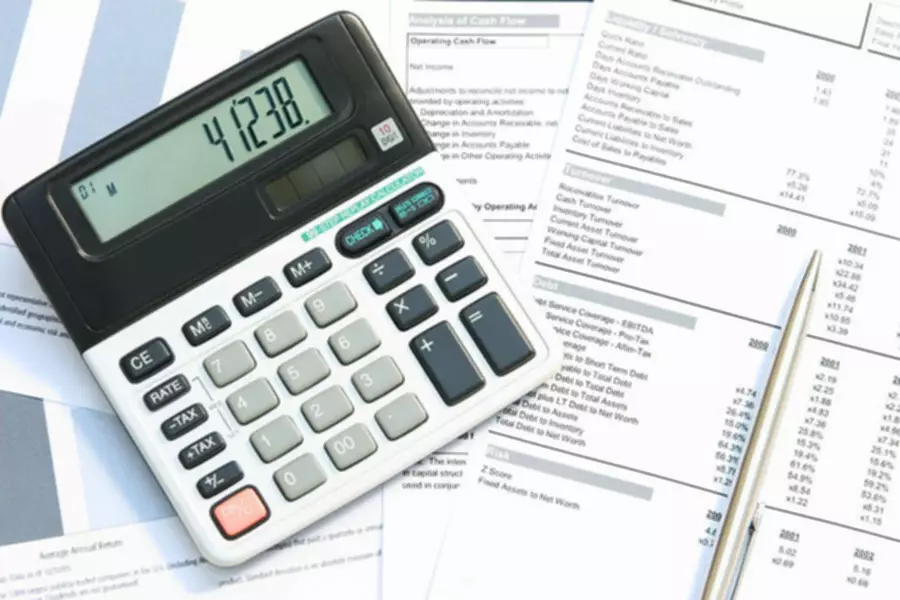Content

FOB means Free On Board and is one of the most used Incoterms. Ocean freight will likely take anywhere from days, depending on where the … Any small trinket or device attached or made to attach to a key ring or keychain, specif., a small remote-control device that operates the doors, alarm, etc. of an automobile.
The seller maintains ownership of the goods–and responsibility for replacing damaged or missing items–under the FOB destination agreement until goods arrive at their destination. FOB has mainly two types based on the expenses either party bears. Accordingly, the parties involved in the trade agreement on any one of the terms and execute the deal. In the case of a small seller who doesn’t have much reputation, CIF is used.
What is logistics: Definition, types, examples
However, the seller may charge the buyer for these transportation costs. FOB is the trade term that usually comes into the picture in the case of international trades. When the goods are being transported between countries, either party has to bear the cost involved in shipping. Someone also has to take responsibility and ownership of the goods at every point in supply chain management .

If the FOB terms of sale indicate that it is “FOB delivered,” then this implies that the shipper will be responsible for all of the carrier’s costs. FOB Incoterms are also the most cost-effective option, as it allows the buyer to shop for the best possible shipping rate. While the transfer of risk occurs when the goods are safely loaded onto the shipping vessel, the buyer’s forwarder is responsible for the entire transportation process. Once the cargo leaves the seller’s warehouse, the buyer is in possession of the load, and can better control the successful outcome of their shipment. The shipping costs of the shipment are determined as soon as the buyer takes up the ownership as well as the responsibility of the goods being shipped. And this also impacts the accounting system of that particular company.
What are the Seller’s Responsibilities?
When transporting products to a customer, the two basic alternatives are FOB shipping point or FOB destination. FOB shipping point holds the seller responsible for the products until they begin their journey to the consumer. With FOB destination, the seller is held responsible for the items until they reach the customer. The shipper will generally fob shipping point register a sale as soon as cargo leaves its shipping pier, irrespective of the delivery conditions. Thus, the true significance of FOB destination conditions is the issue of who pays for the freight. FOB is used globally across the export market, whereas the CIF is usually used when the shipment involves any fragile, delicate, or perishable goods.
